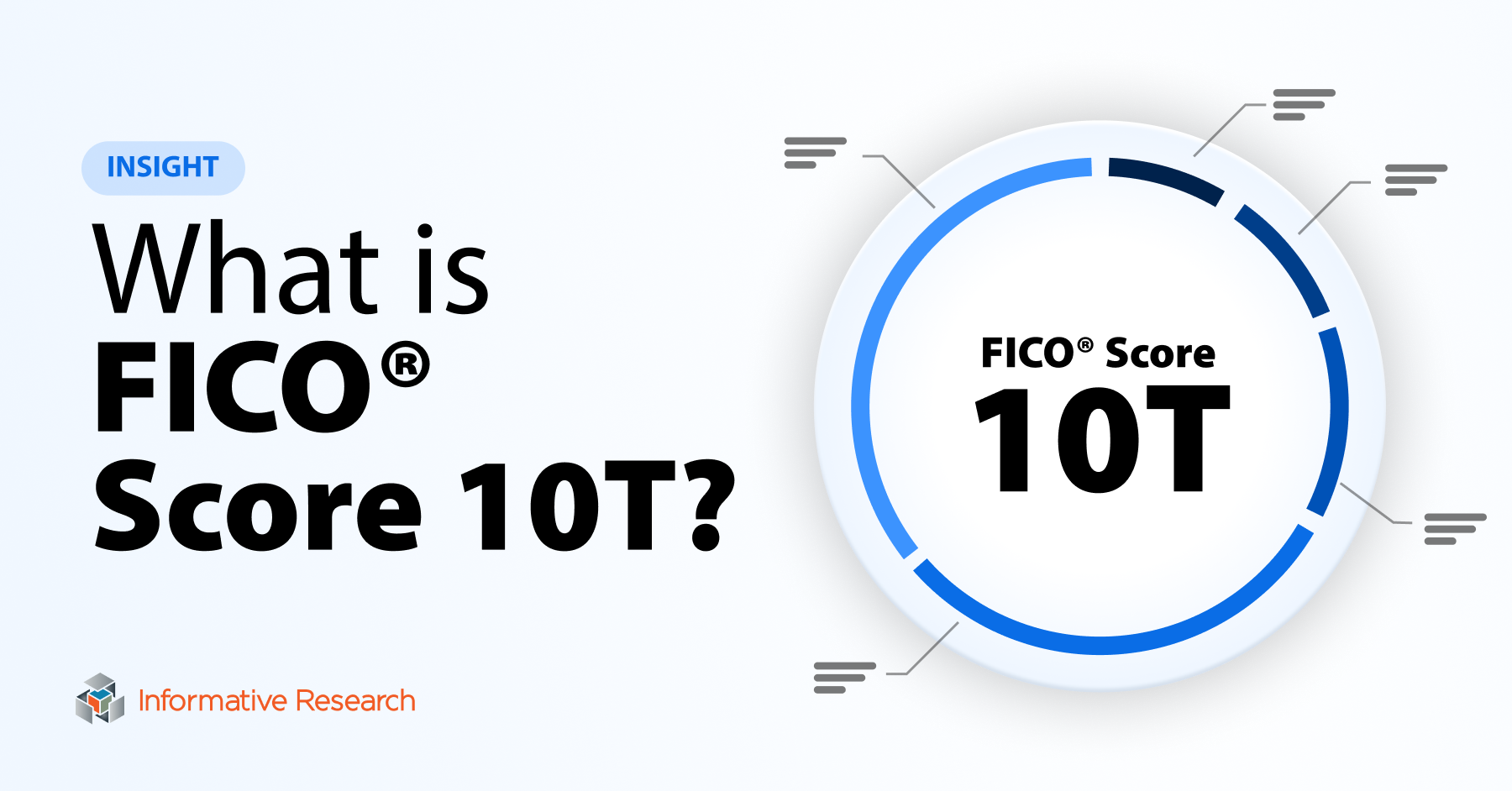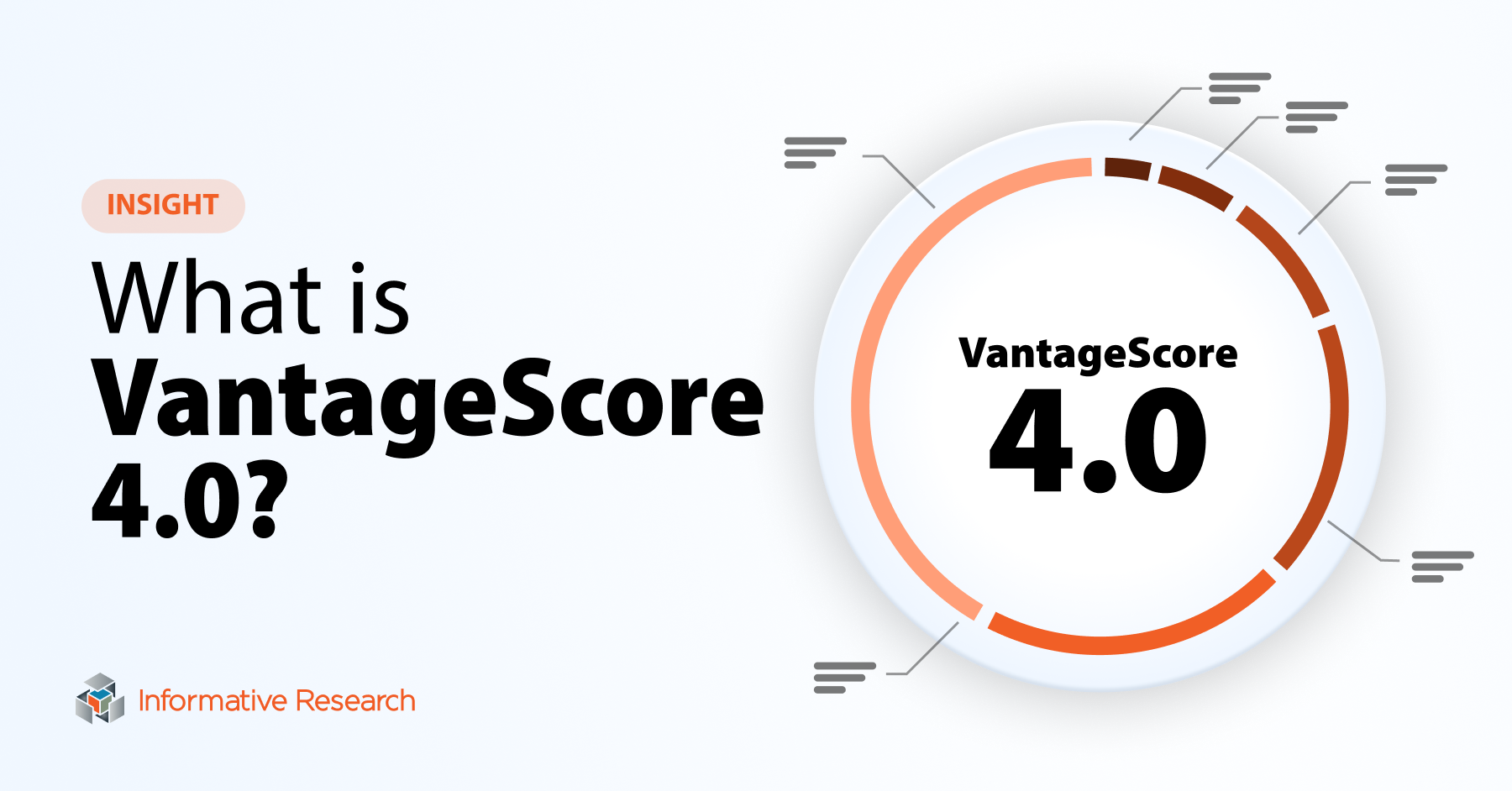Credit Score Modernization: What We Know About FHFA’s Direction on VantageScore 4.0 and FICO Score 10T
As the mortgage industry navigates FHFA’s credit score modernization initiative, lenders are facing new questions around model choice, implementation...
/Website/Global%20Assets/Testimonials/testimonial_unknown-client-sm.png?width=277&height=139&name=testimonial_unknown-client-sm.png)
/Blogs/2025%20Blog%20Posts/2025-09-IVES%204506-C%20vs.%20Halcyon%20Tax/IR_Blog--IVES-4506-C-vs-Haylyon-Tax-Wallet-sm.png)
/Website/Global%20Assets/Recognition/recognition_Matthrew-Orlando.png)
/images/blog%20images/FNMA-AC-B.png)
/Blogs/2026%20Blogs/01-FHFA-Vantange-FICO/IR_Blog-Credit-Score-Modernization%20(2).png)

